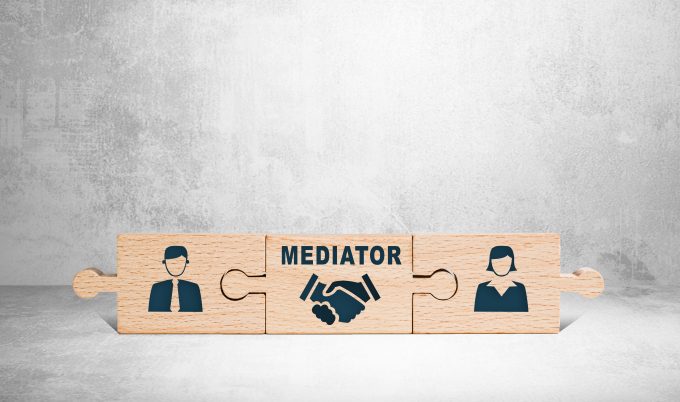Make an Early Referral to Mediation
Can you imagine how hard it is for someone who has just experienced the devastation of a separation to be:
- Locked out of the matrimonial home, away from their children, their clothes, personal possessions, furniture and so on?
- Living separated under the one roof with their ex (and the new partner) due to lack of funds?
- Forced to negotiate time with their children on a day-to-day basis, only to find that arrangements are frequently dishonoured?
These are problems that are commonly experienced by parties shortly after separation, but long before a matter reaches resolution. Even where the circumstances are not so drastic, there are often immediate issues which need to be resolved for the parties to get on with their lives while the matter proceeds to final resolution. Parties need to be able to make financial plans, to take the children on holidays, to start new relationships and to receive support from extended family in this intervening period.
Where parties are finding it difficult to communicate constructively without support, they will often turn to their Solicitor to assist them with negotiations. However, prolonged negotiations by correspondence can worsen the situation and may delay and complicate progress towards a final resolution. Inevitably, one party becomes so stressed and frustrated that they break into the house and ‘steal’ the Thermomix, they renege on parenting arrangements or they stop paying the mortgage.
The best venue for these issues to be discussed and resolved is at a lawyer-assisted Family Law Mediation, which provides many benefits over correspondence or calls between Solicitors as:
- There is an appointed date and time for the resolution of issues (which effectively becomes a type of settlement date or deadline for the relevant issues), rather than negotiations over weeks or months during which time further related issues become entangled in negotiations.
- The parties can be directly involved in, and have control over, the outcome (but have their Solicitor’s support and advice at the same time).
- The Mediator can structure and progress the conversation whilst ensuring the parties each have a balanced opportunity to speak and be heard.
Of course, not all parties are ready to confront and negotiate with their ex-partner so soon after a relationship breakdown. Feelings of grief, loss, anger and revenge might interfere with a future-focused conversation. It is the responsibility of the Mediator to identify any such issues present for either party and to plan and execute an appropriate Mediation. In such cases, a Mediation conducted via a 3-way conference call is likely to ease some of the pressure on parties by allowing them to avoid being in the same room, to have a support person present and to participate in the Mediation from the comfort of home or your office.
In addition to resolving difficult interim issues, an early Mediation can assist parties to fast track the progress of settlement negotiations by:
- a timetable for disclosure,
- making arrangements for valuations,
- setting down a proposed date for a further Mediation, or
- agreeing on a course of action, such as a final determination at arbitration, if the parties are ultimately unable to resolve all issues.













